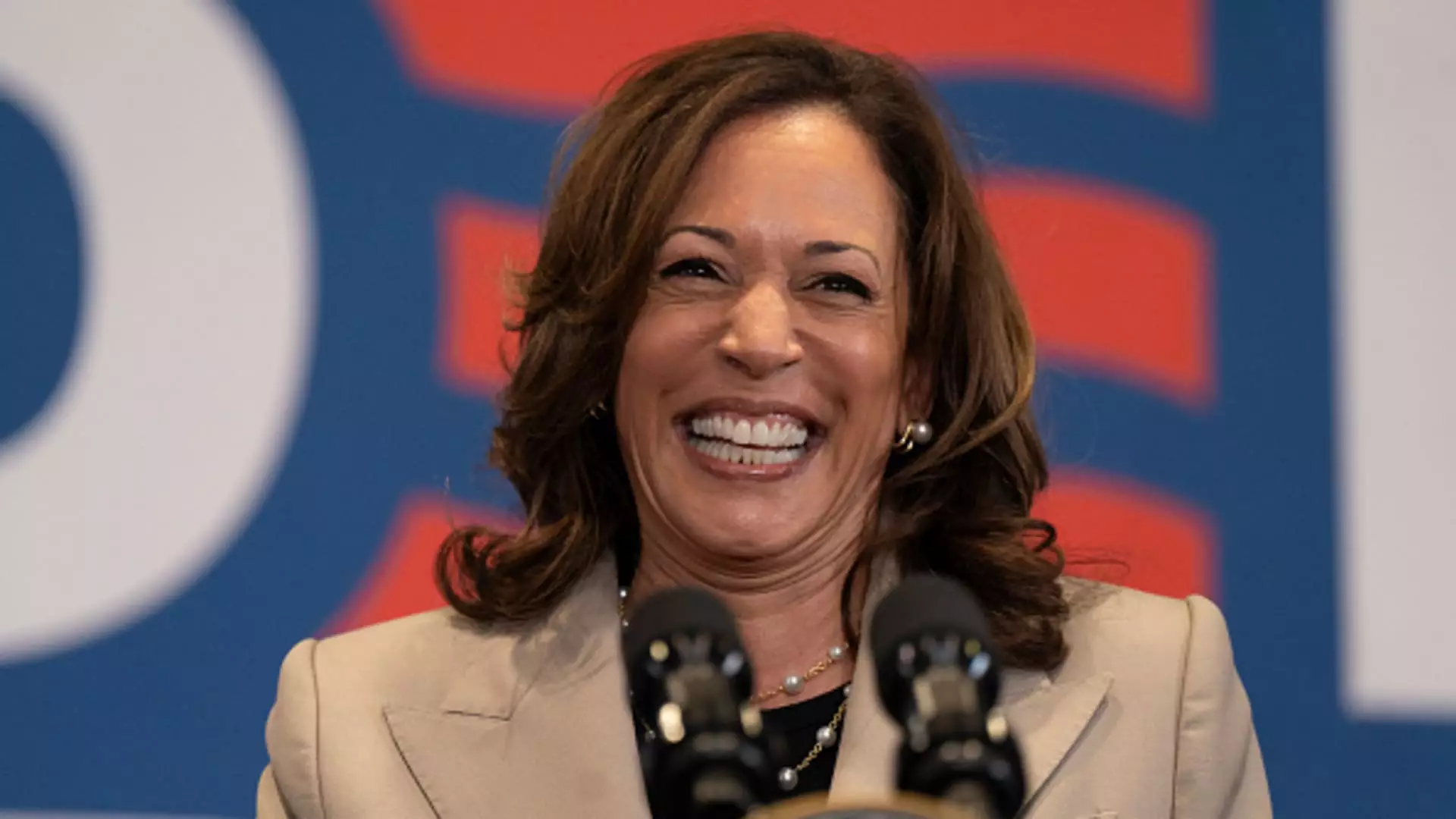With President Joe Biden now officially out of the election, all eyes are on Vice President Kamala Harris as the frontrunner for the Democratic nomination. While Harris has not yet detailed her economic agenda, experts suggest that her tax policies may echo Biden’s proposals which aimed for higher taxes on the wealthy and corporations.
Similar Themes to Biden’s Proposals
Before Harris ended her campaign back in December 2019, she shared many priorities with Biden, but also presented distinct proposals. As such, it is believed that if she becomes the Democratic nominee, her stance on tax issues would align closely with Biden’s.
One of the key challenges that Harris will need to address is the trillions of tax breaks set to expire after 2025. The Tax Cuts and Jobs Act of 2017, enacted by former President Donald Trump, made significant changes to federal income brackets, the standard deduction, and the child tax credit. Trump aims to extend these provisions, while Biden’s focus is on renewing tax breaks only for those earning less than $400,000.
A major question in the upcoming elections is whether Harris will commit to not raising taxes on individuals making less than $400,000, a pledge made by Biden. This decision could have significant repercussions on future tax proposals and negotiations related to the Tax Cuts and Jobs Act.
Key Proposals from Harris
During her 2020 campaign, one of Harris’ central proposals was the LIFT the Middle Class Act, which sought to provide a refundable tax credit for single filers and married couples. On the other hand, Biden has been focused on expanding the child tax credit, with a recent increase passed in the House.
Child Tax Credit Expansion
Harris has highlighted the importance of supporting families through tax cuts, particularly for children. She referenced the significant impact of the expansion of the child tax credit in reducing child poverty rates in the US. The American Rescue Plan further enhanced the tax break for families, resulting in a historic low in child poverty rates in 2021.
However, following the expiration of pandemic relief measures, childhood poverty rates have more than doubled in 2022. This underscores the importance of ongoing support for families and the need for sustainable tax policies to address economic disparities.
Vice President Kamala Harris faces a pivotal moment in shaping tax policy in the US. While her proposals may share similarities with President Joe Biden’s agenda, Harris has the opportunity to put forth her unique vision for a fairer and more equitable tax system. As the election season unfolds, all eyes will be on Harris to see how she navigates the complex landscape of tax policy to benefit all Americans.

